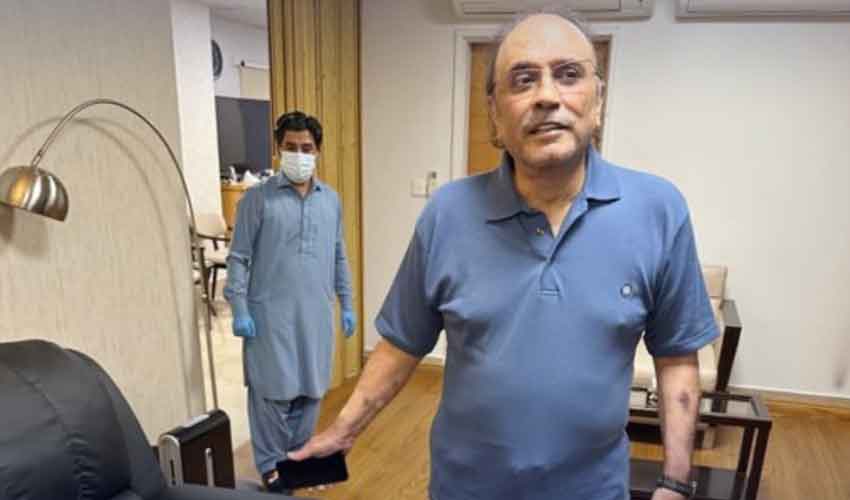In the wake of a 36-hour blockade of social media platforms, including X services, concerns over democratic processes and digital rights have been reignited in Pakistan.
The disruption, which began on February 17, has led to widespread criticism from digital rights activists and citizens alike.
The blockade was initiated following the resignation of former Rawalpindi commissioner Liaqat Ali Chatha, who admitted to under his watch and stepped down from his post, sparking allegations of election fraud. The incident escalated tensions, resulting in protests and unrest across the country.
NetBlocks, a global internet monitor, reported a "national-scale disruption to X services" amidst the escalating controversy. Despite the restoration of services for a brief period on Sunday, they were soon suspended again, leaving users frustrated and questioning the authorities' motives.
Usama Khilji, a prominent digital rights activist, condemned the government's actions, highlighting the detrimental impact of internet restrictions on the country's investment climate and the IT sector. He emphasized the importance of upholding constitutional rights and criticized the Pakistan Telecommunication Authority (PTA) for its lack of transparency in responding to queries.
Khilji also raised concerns about the implications of internet blockades on the democratic process, suggesting that such disruptions could lead to irregularities in election results and undermine public trust in the electoral system.
Moreover, the economic repercussions of internet shutdowns were underscored, with estimates suggesting a loss of $53 million per day and a staggering Rs1.3 billion loss according to the Pakistan Institute for Development Economics.
Amidst debates over the regulation of social media and combating disinformation, Khilji advocated for self-correction mechanisms and co-regulation to address misinformation effectively. He emphasized the need for accountability, stressing that the state must take responsibility for disseminating false information.



























